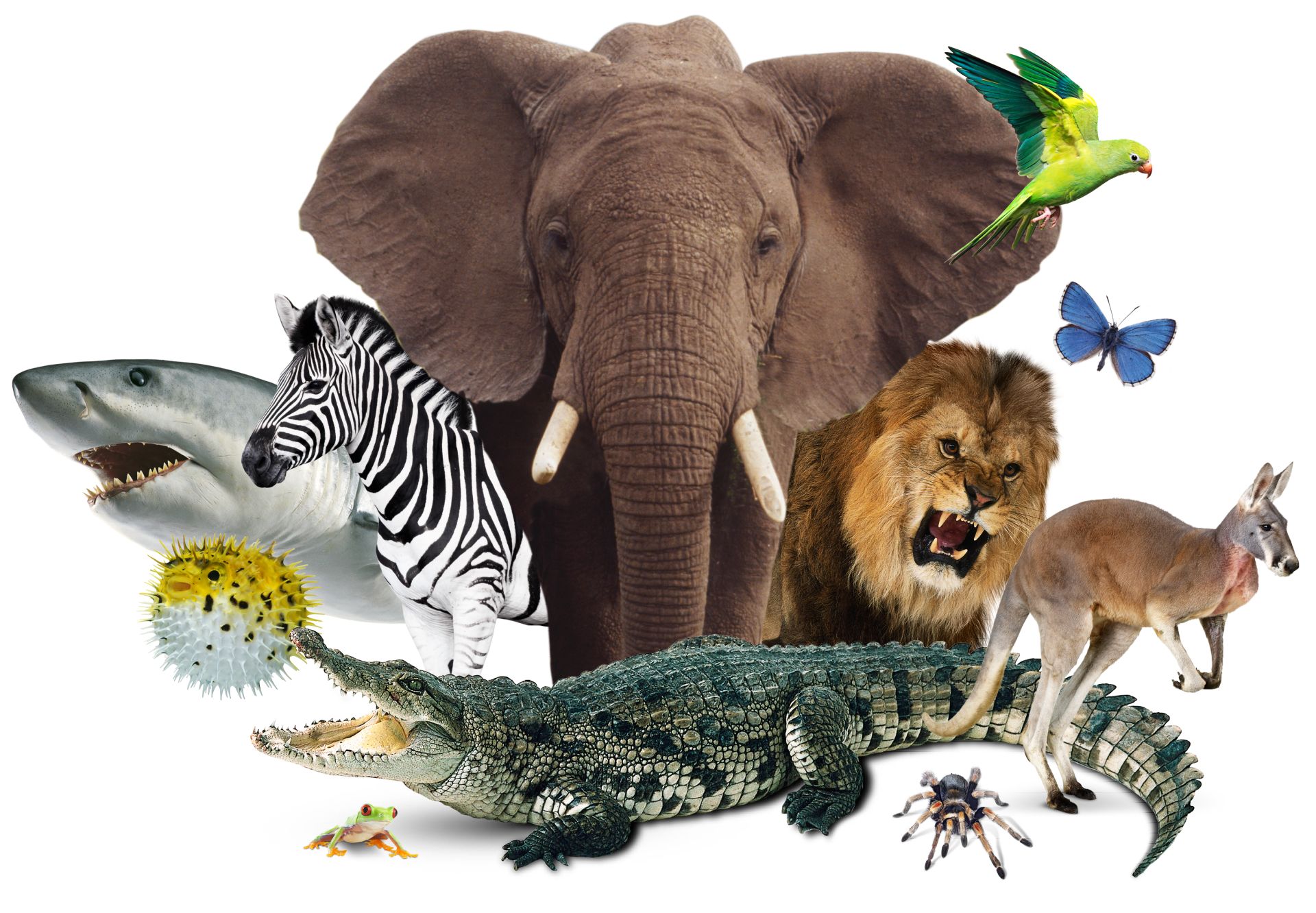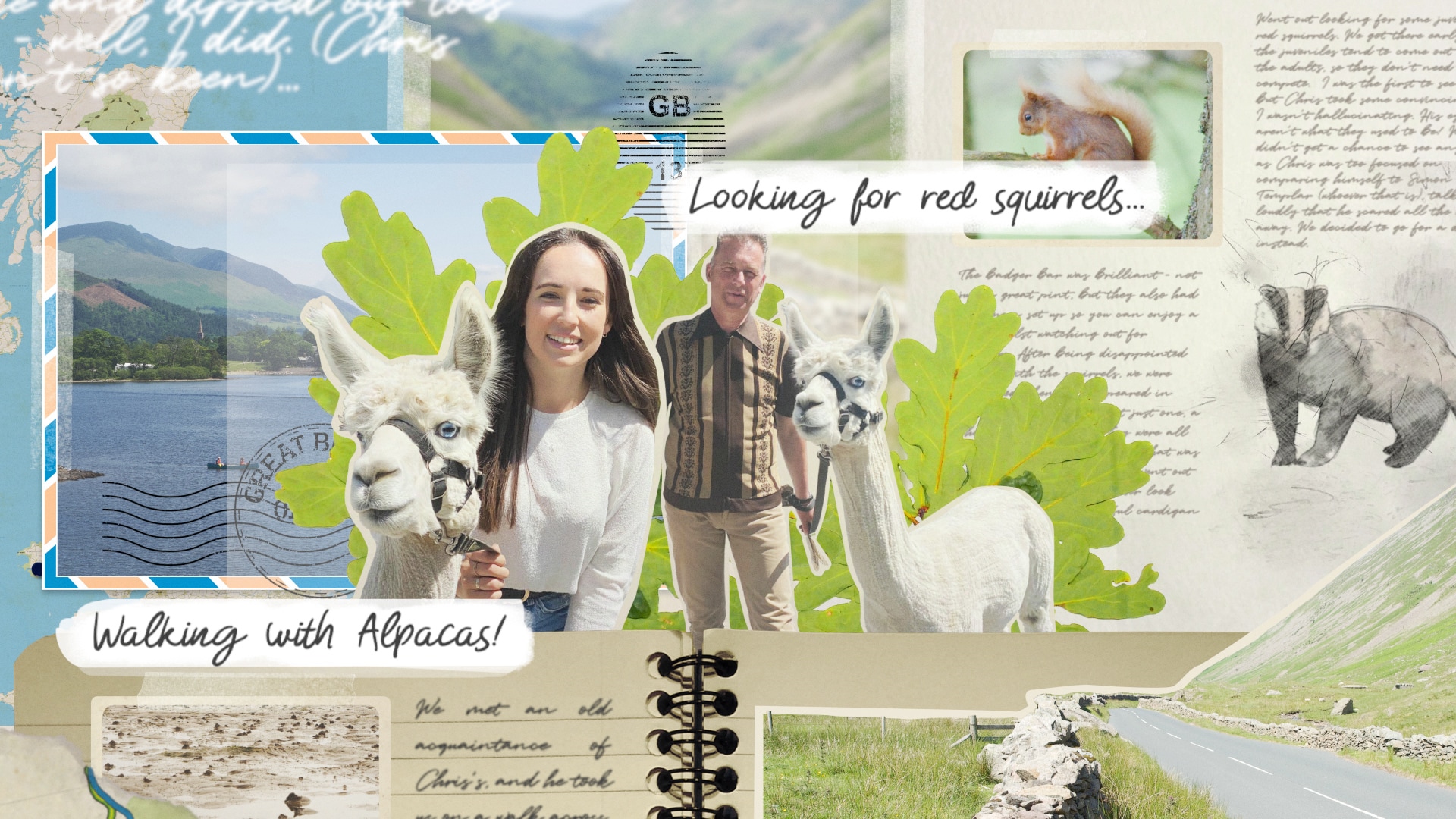The Wonder Of Animals: Exploring The Diverse Animal Kingdom

Table of Contents
The Incredible Diversity of Animal Life
The animal kingdom is a vast and wondrous place, encompassing an estimated 8.7 million species, though many remain undiscovered. This incredible biodiversity is organized into various classifications, primarily mammals, birds, reptiles, amphibians, fish, and invertebrates. Each group exhibits unique characteristics and adaptations, showcasing the remarkable evolutionary processes that have shaped life on Earth.
- Estimated Number of Animal Species: Scientists estimate there are between 8 and 10 million animal species worldwide, with many still unknown to science. This vast number underlines the incredible biodiversity of our planet.
- Unique Animal Adaptations: Animals have evolved a stunning array of adaptations to survive and thrive in their environments. Camouflage, like the chameleon's color-changing skin, allows animals to blend seamlessly with their surroundings, evading predators or ambushing prey. Mimicry, where one species evolves to resemble another for protection, is another fascinating example.
- Animal Phyla and Characteristics: The animal kingdom is further divided into phyla, major groupings based on shared body plans and developmental features. For instance, the Chordata phylum includes vertebrates (animals with backbones), while the Arthropoda phylum encompasses insects, arachnids, and crustaceans.
Further Detail: Consider the Mammal class: the incredible diversity within this group alone is staggering! We have primates, like monkeys and apes, known for their intelligence and social complexity; marsupials, such as kangaroos and koalas, characterized by their pouches; and monotremes, the unique egg-laying mammals like the echidna and platypus. This variety demonstrates the incredible power of adaptation and evolution within a single class. (Include images of diverse mammals here)
Animal Habitats and Adaptations
Animals have evolved a remarkable array of adaptations to thrive in their specific environments. This intricate relationship between an animal and its habitat is known as its niche. A polar bear's thick blubber layer allows it to survive the frigid Arctic, while a desert camel's hump stores fat for energy and water conservation in arid conditions.
- The Concept of Niche: Each animal occupies a specific niche within its ecosystem, playing a unique role in the intricate web of life. This includes their diet, habitat use, and interactions with other species.
- Diverse Animal Habitats: Animals inhabit a wide range of habitats, from lush rainforests and vast oceans to scorching deserts and icy tundras. Each habitat presents unique challenges and opportunities, shaping the evolution of its inhabitants. Examples include:
- Forests: Home to a vast array of species, from primates to insects.
- Oceans: Supporting a diverse range of marine life, from microscopic plankton to colossal whales.
- Deserts: Harsh environments inhabited by animals with remarkable adaptations to conserve water and withstand extreme temperatures.
- Grasslands: Open landscapes supporting large herds of grazing animals and diverse predator populations.
- Adaptations for Survival: Animals possess remarkable adaptations to overcome the challenges of their environment. These include:
- Thermoregulation: Mechanisms to maintain body temperature, such as sweating or shivering.
- Camouflage: Blending with the environment to avoid predators or ambush prey.
- Symbiosis: Mutualistic relationships between species, like the cleaner fish and larger fish.
Further Detail: The deep ocean, for example, is home to creatures with bioluminescence for attracting prey or mates, and incredible pressure tolerance. Animals in extreme temperatures, such as those in hydrothermal vents, have unique metabolic processes enabling survival in these harsh conditions.
The Importance of Animal Conservation
Many animal populations face serious threats, including habitat loss due to deforestation and urbanization, poaching for illegal wildlife trade, and the devastating effects of climate change. These factors contribute to biodiversity loss, with devastating consequences for ecosystems and human well-being.
- Endangered and Vulnerable Species: Numerous animal species are classified as endangered or vulnerable, facing a high risk of extinction. Examples include the Amur leopard, the Sumatran orangutan, and the African elephant.
- Consequences of Biodiversity Loss: The loss of biodiversity weakens ecosystems, making them less resilient to change and increasing the risk of ecological collapse. This impacts food security, water resources, and overall human well-being.
- Importance of Conservation Efforts: Conservation efforts, including the establishment of wildlife reserves, anti-poaching initiatives, and habitat restoration projects, are crucial for protecting animal populations and preserving biodiversity.
Further Detail: The success of the California condor recovery program, which brought this critically endangered bird back from the brink of extinction, demonstrates the power of concerted conservation efforts. Organizations like the WWF and the IUCN play a vital role in global conservation, and individuals can contribute through responsible tourism, supporting conservation charities, and advocating for protective policies.
Understanding the Impact of Human Activity on the Animal Kingdom
Human activities have a profound impact on the animal kingdom. Pollution contaminates habitats, deforestation destroys crucial living spaces, and climate change alters ecosystems, threatening the survival of countless species.
- Effects of Pollution: Pollution from plastics, industrial chemicals, and agricultural runoff contaminates water sources and habitats, harming animal populations directly and indirectly.
- Deforestation and Habitat Loss: The clearing of forests for agriculture and development destroys vital habitats, leaving animals displaced and vulnerable.
- Climate Change: Changes in temperature, precipitation patterns, and sea levels disrupt ecosystems, impacting animal migration patterns, breeding cycles, and food sources.
- Human-Animal Conflict: Competition for resources, such as land and water, can lead to conflict between humans and animals. Mitigation strategies involve habitat protection, community education, and sustainable resource management.
- Responsible Wildlife Tourism: Responsible tourism practices minimize the impact on wildlife and their habitats, ensuring the long-term survival of these populations. Supporting eco-tourism initiatives promotes conservation and sustainable development.
Conclusion
The exploration of the animal kingdom reveals a world of unparalleled beauty, complexity, and interconnectedness. From the smallest insects to the largest whales, each animal plays a vital role in maintaining the balance of our planet’s ecosystems. Understanding animal diversity, their habitats, and the threats they face is crucial for effective conservation efforts. Let's continue to learn about and protect the wonder of animals, ensuring their survival for generations to come. Dive deeper into the fascinating world of the animal kingdom – explore documentaries, visit wildlife sanctuaries, and become a voice for animal conservation!

Featured Posts
-
 Byd Problemy S Evropskym Trhem A Cesta K Uspechu
May 13, 2025
Byd Problemy S Evropskym Trhem A Cesta K Uspechu
May 13, 2025 -
 The Growing Popularity Of Secondhand Goods
May 13, 2025
The Growing Popularity Of Secondhand Goods
May 13, 2025 -
 Sabalenka Earns Porsche Grand Prix Final Berth After Victory Over Paolini
May 13, 2025
Sabalenka Earns Porsche Grand Prix Final Berth After Victory Over Paolini
May 13, 2025 -
 Remembering Chris And Megs Wild Summer
May 13, 2025
Remembering Chris And Megs Wild Summer
May 13, 2025 -
 Potret Pilu Ribuan Pekerja Termasuk Wni Terperangkap Penipuan Online Internasional Di Myanmar
May 13, 2025
Potret Pilu Ribuan Pekerja Termasuk Wni Terperangkap Penipuan Online Internasional Di Myanmar
May 13, 2025
